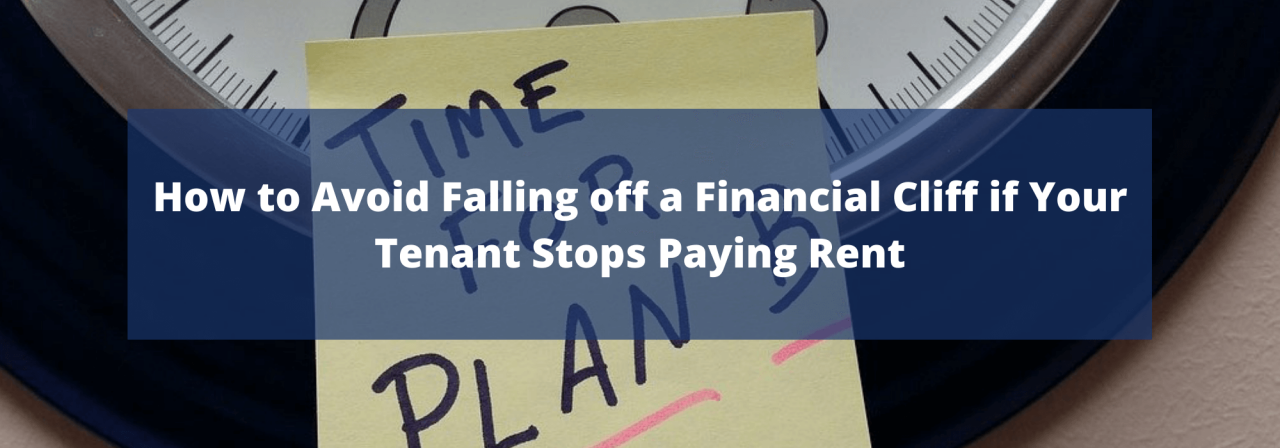In this three-minute read, we explain why every Cardiff landlord needs a Plan B to protect their investment if a tenant falls into arrears.
Despite public perception, most landlords are not cigar-sucking, convertible-driving, multi-millionaires. In fact, many landlords lie awake at night, worrying that their tenant will stop paying the rent.
A good percentage of landlords have buy-to-let mortgages, and if the rent stops coming in, they must cover the shortfall from their own (often finely balanced) finances.
Other landlords use their investment property as a form of pension and rely on the rental income to pay their own bills.
So, the landlord – no matter how sympathetic they are to the plight of their tenant – is caught in a challenging, sometimes unsustainable, position if rent payments cease.
That's why smart landlords have a back-up plan. It means that if the worst happens, they have a safety net to catch them. This Plan B has two parts:
1. Rent guarantee insurance
If a tenant falls into arrears, the insurer pays the equivalent sum for a set period, for example, six months or until the end of the tenancy period (this may vary, always read the fine print).
However, it’s not quite as simple as taking out a policy and breathing a sigh of relief. As you would expect, terms and conditions apply, and policies vary. Here are a few common issues to consider.
- All tenants must be credit checked according to the rules of the policy. If you slip up during the tenant referencing process, the policy won't cover you.
- Often policies prohibit claims in the first three months of a tenancy. Hopefully, payment issues wouldn’t occur so early on, but we are living through a pandemic.
- With most policies, you must pay an excess fee to claim. This can be up to two months' rent.
- If a tenant is refusing to vacate the property, you'll still need to carry out the eviction process (in accordance with the law).
- Often rent guarantee policies don't cover spells when your property is empty between tenancies. Landlords foot the bill when their property is vacant.
2. Use a letting agent
As we've made clear, rent guarantee cover offers reassurance but it’s not bulletproof. To fill in the remaining gaps, draw on the services of a letting agent who will:
- Be expert at sourcing reliable tenants, minimising the risk of rent arrears in the first place.
- Handle the credit and reference checks so that your tenant meets all the requirements specified in your insurance policy.
- Do all the legwork when it comes to communicating with a tenant who has, for whatever reason, fallen behind in the rent.
- Market your property professionally, so it's not vacant for long.
- Lead on the (often messy) eviction process.
We are living in uncertain times, so don’t try and wing it. If you'd like to learn more about how to safeguard your investment, get in touch with us here at Harry Harper.


 By
By 
 By
By 


Share this with
Email
Facebook
Messenger
Twitter
Pinterest
LinkedIn
Copy this link